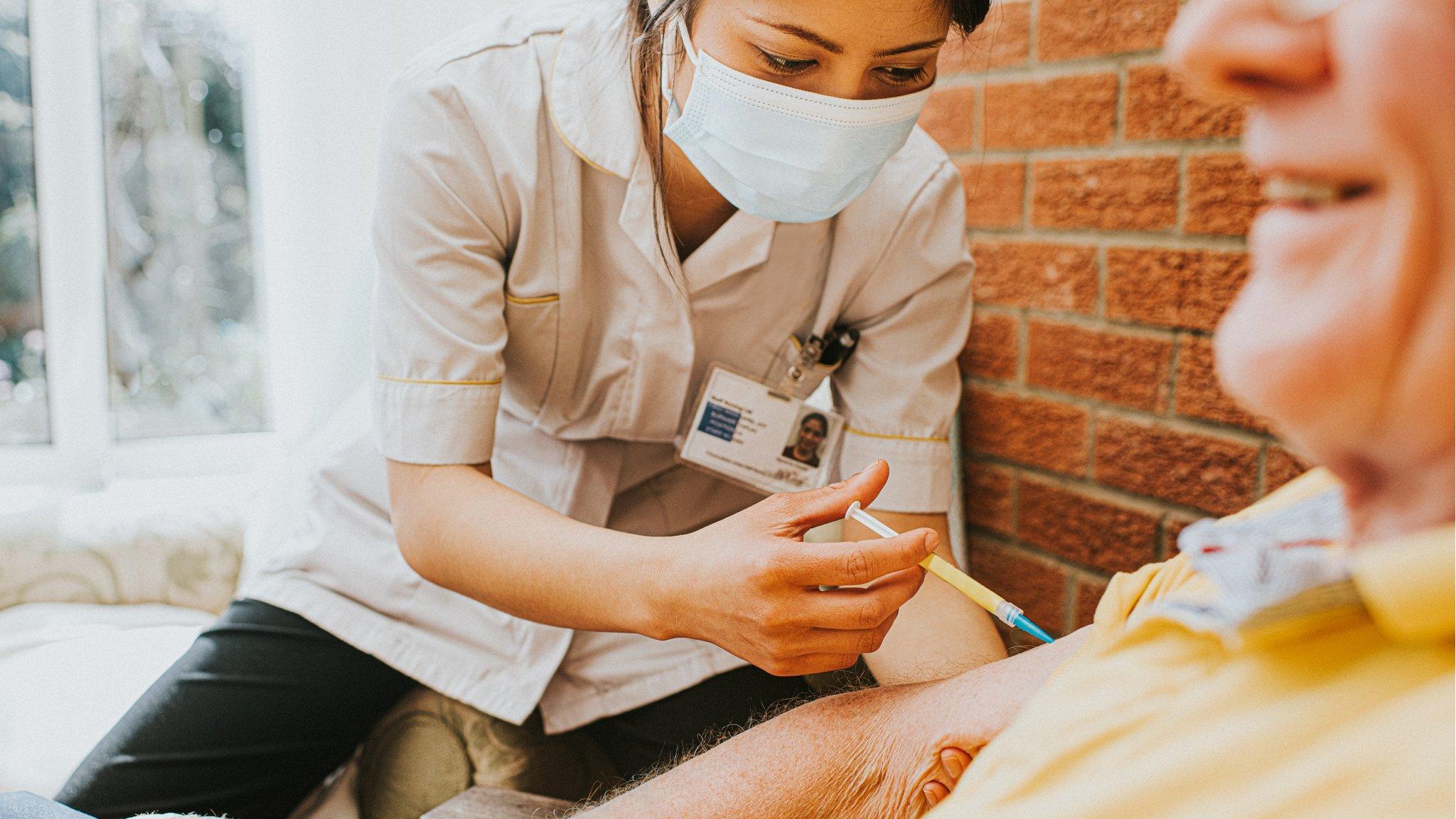Covid: Millions invited for booster jabs from Monday
- Published
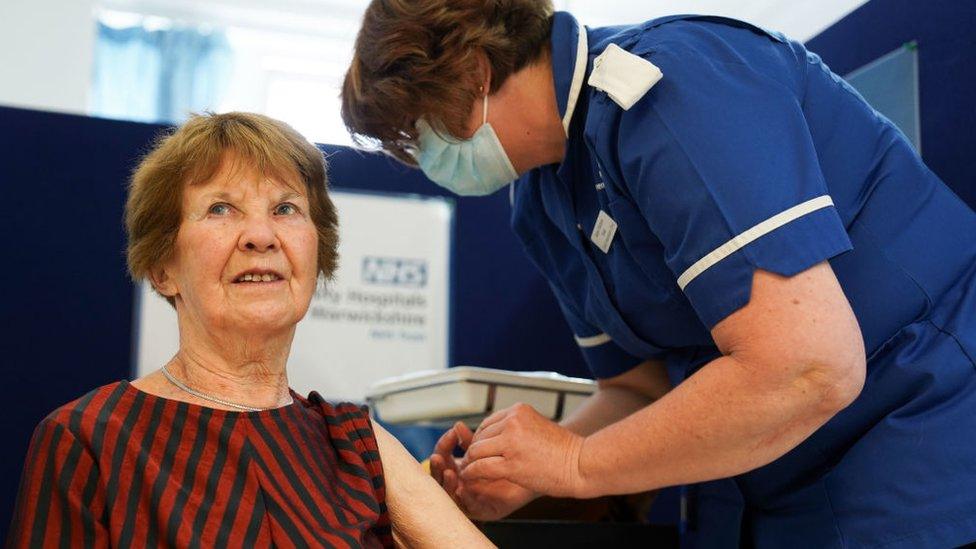
Margaret Keenan, pictured here getting a booster, was the first person outside of trials to get an approved Covid jab
Millions of people will be invited for their autumn Covid booster jab in England and Scotland next week, with care home residents the first to receive them.
Although infections are falling, health bosses are predicting a resurgence of Covid and flu this autumn and winter.
They are urging those eligible to protect themselves from serious illness by getting vaccines against both.
A recently approved vaccine against the Omicron variant will be used first.
However, there is not enough of Moderna's "bivalent" vaccine to protect everyone aged over 50 so health officials say people should take whichever booster they are offered. These will be the vaccines used in the spring.
The UK's Medicines and Healthcare products Regulatory Agency (MHRA) announced on Saturday that it had approved a second "bivalent" coronavirus vaccine from Pfizer/BioNTech for people aged 12 and over.
The groups who qualify for an autumn booster are:
adults aged 50 and over
people aged five to 49 with health conditions that put them at higher risk - including pregnant women
care-home staff
frontline health and social care workers
carers aged 16 to 49
household contacts of people with weakened immune systems
The most vulnerable will be prioritised first.
Wales has already started offering Covid boosters to care home residents and staff.
In Northern Ireland, the rollout will begin on 19 September targeting the same groups.
Care home residents in Scotland will be offered a Covid booster first from Monday, followed by health and social care workers.
England's autumn booster campaign starts on the same day, with 1.6 million care home residents, staff and housebound people the first to receive their top-up Covid jab.
Also from Monday, another four million people at highest risk - including over-75s and those with weakened immune systems - will be invited to book a vaccine appointment, with slots on offer at GP surgeries and pharmacies from the following week.
Covid infection levels in the UK have been falling since the start of the July, with the latest estimates from the Office for National Statistics, external showing around 1.7% of the population - around 1.1 million people - had the virus in the week to 23 August.
The number testing positive would be:
one in 60 in England
one in 65 in Wales
one in 55 in Scotland
one in 50 in Northern Ireland
The ONS says it is monitoring Covid rates closely as children return to school across the UK.
Cases of Covid in hospital are also falling.
But health experts have warned the virus and flu are likely to make a comeback together during the autumn and winter for the first time since the pandemic started.
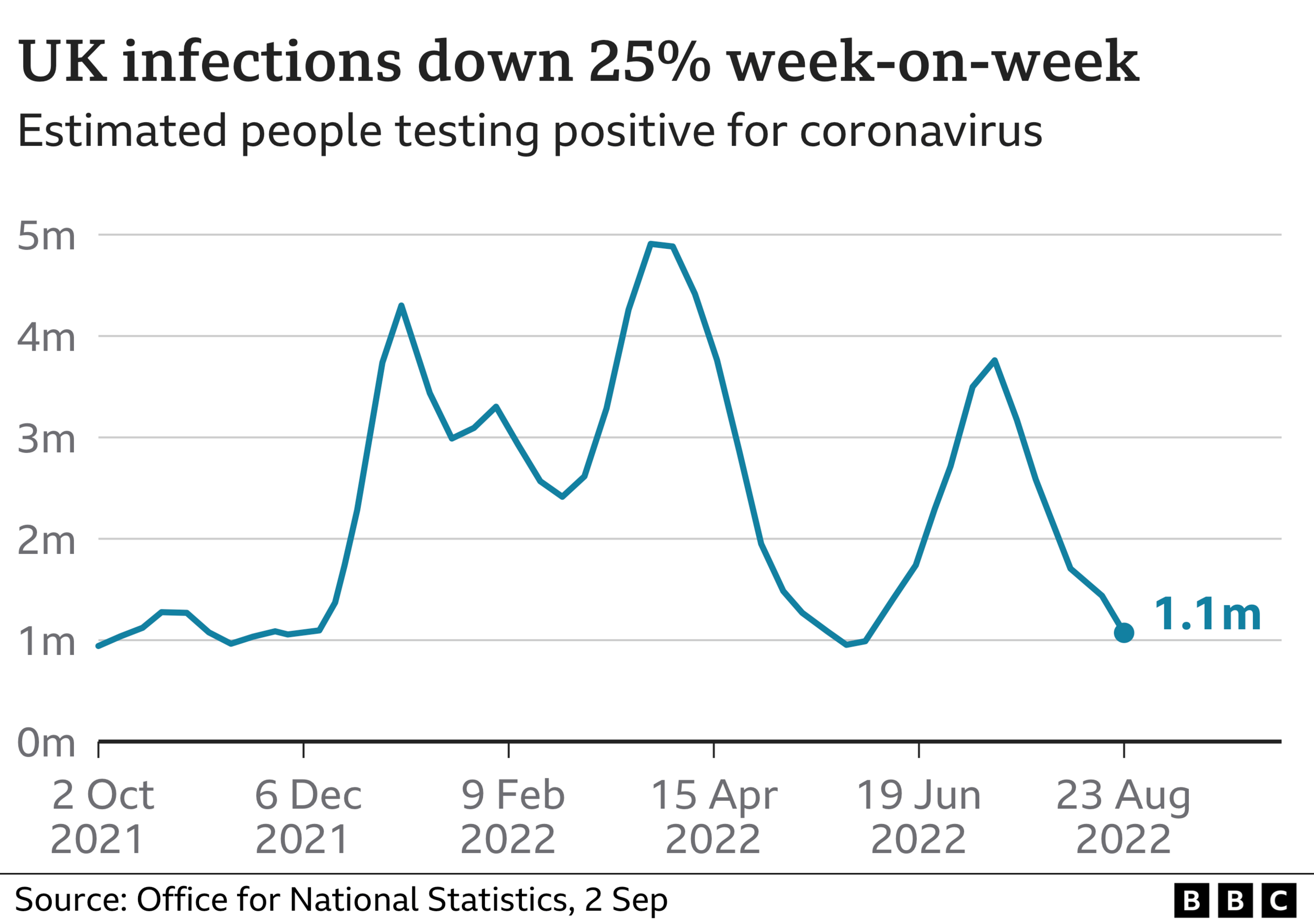
NHS England chief executive Amanda Pritchard called on people "to get the newly approved, next generation Covid vaccine when invited to do so, as well as your annual flu jab, to ensure you have maximum protection".
Covid and flu vaccines may be offered at the same appointment and both jabs are approved to be given at the same time. However, local health systems will organise the rollout in the way that suits them best.
More than 126 million Covid vaccines have been given by NHS staff and volunteers since the start of the vaccine programme in December 2020.
Related topics
- Published12 August 2022
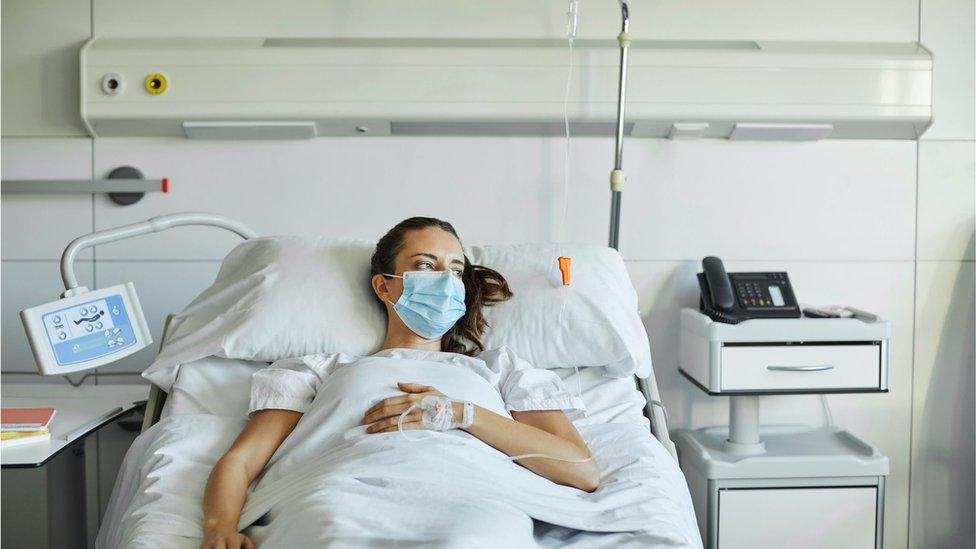
- Published2 April

- Published2 September 2022
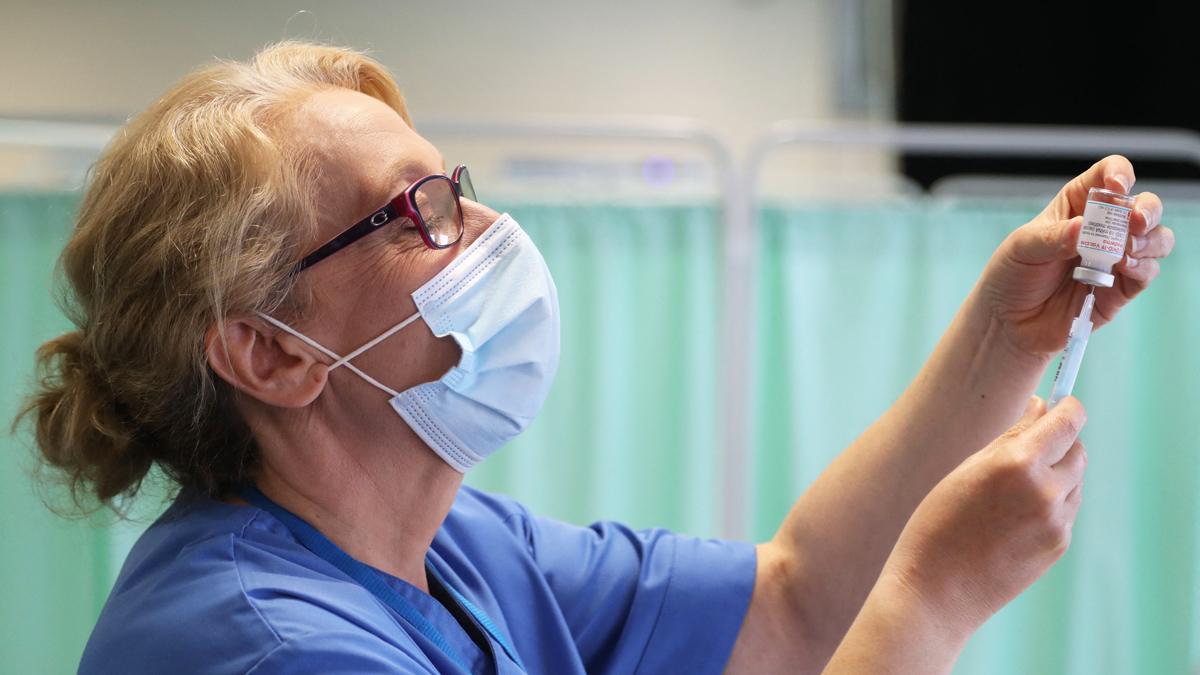
- Published1 September 2022
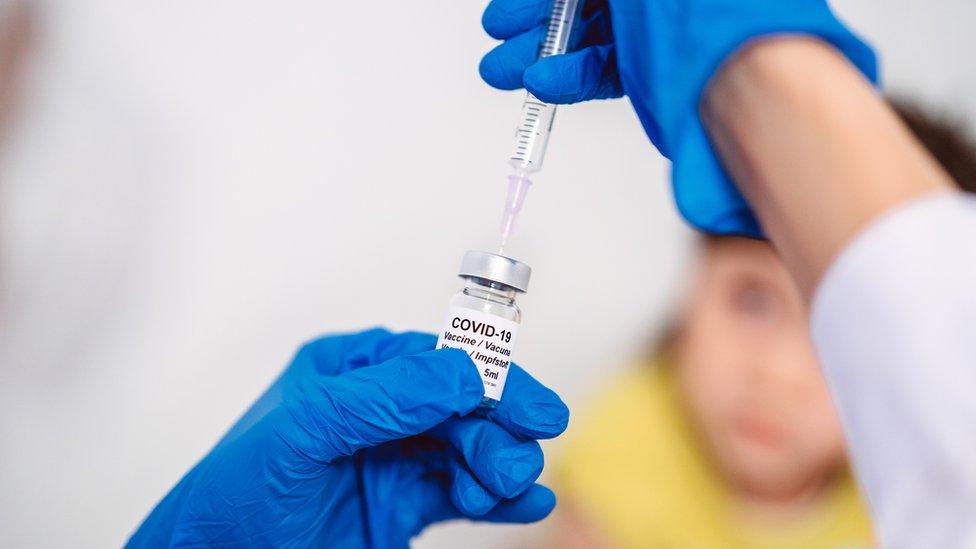
- Published16 August 2022
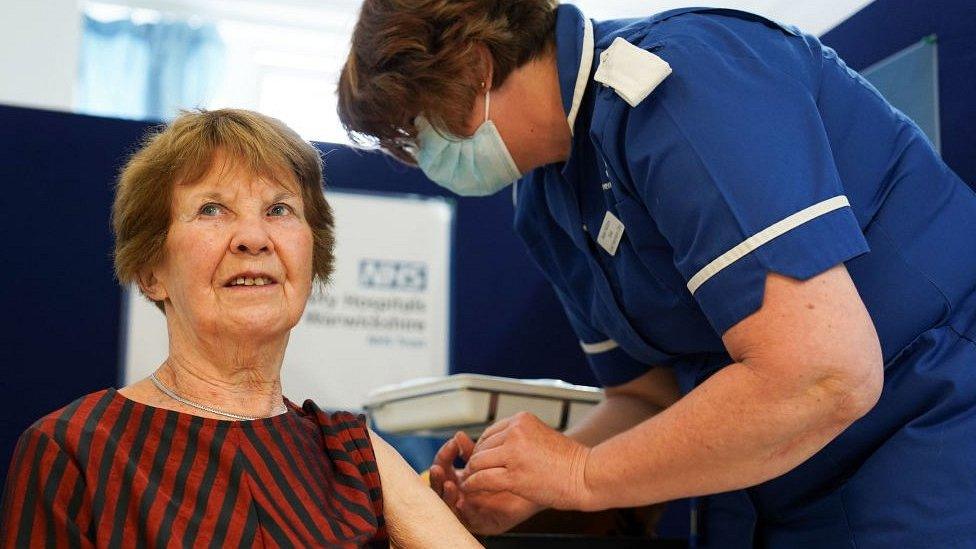
- Published15 July 2022
